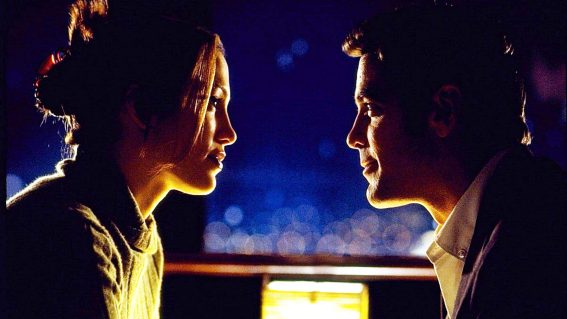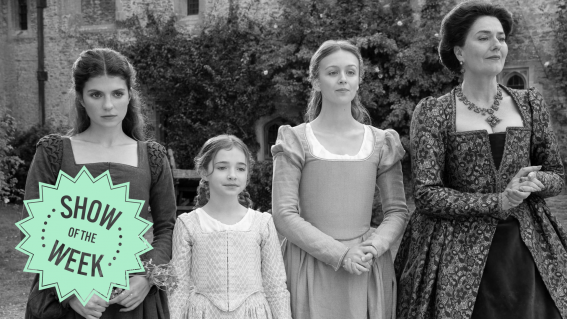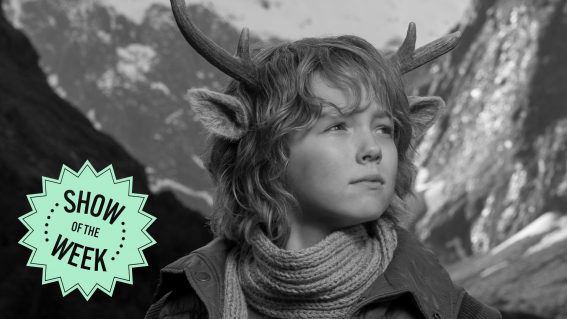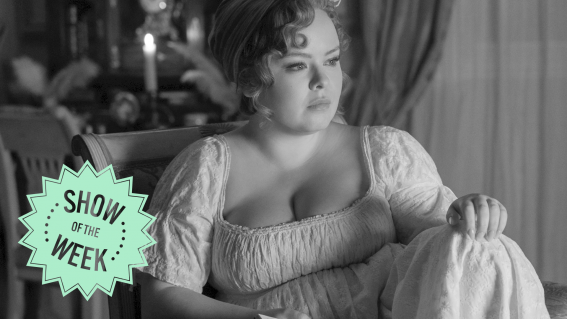K is for Knowing: a paranoid apocalyptic vision with a true sense of dread
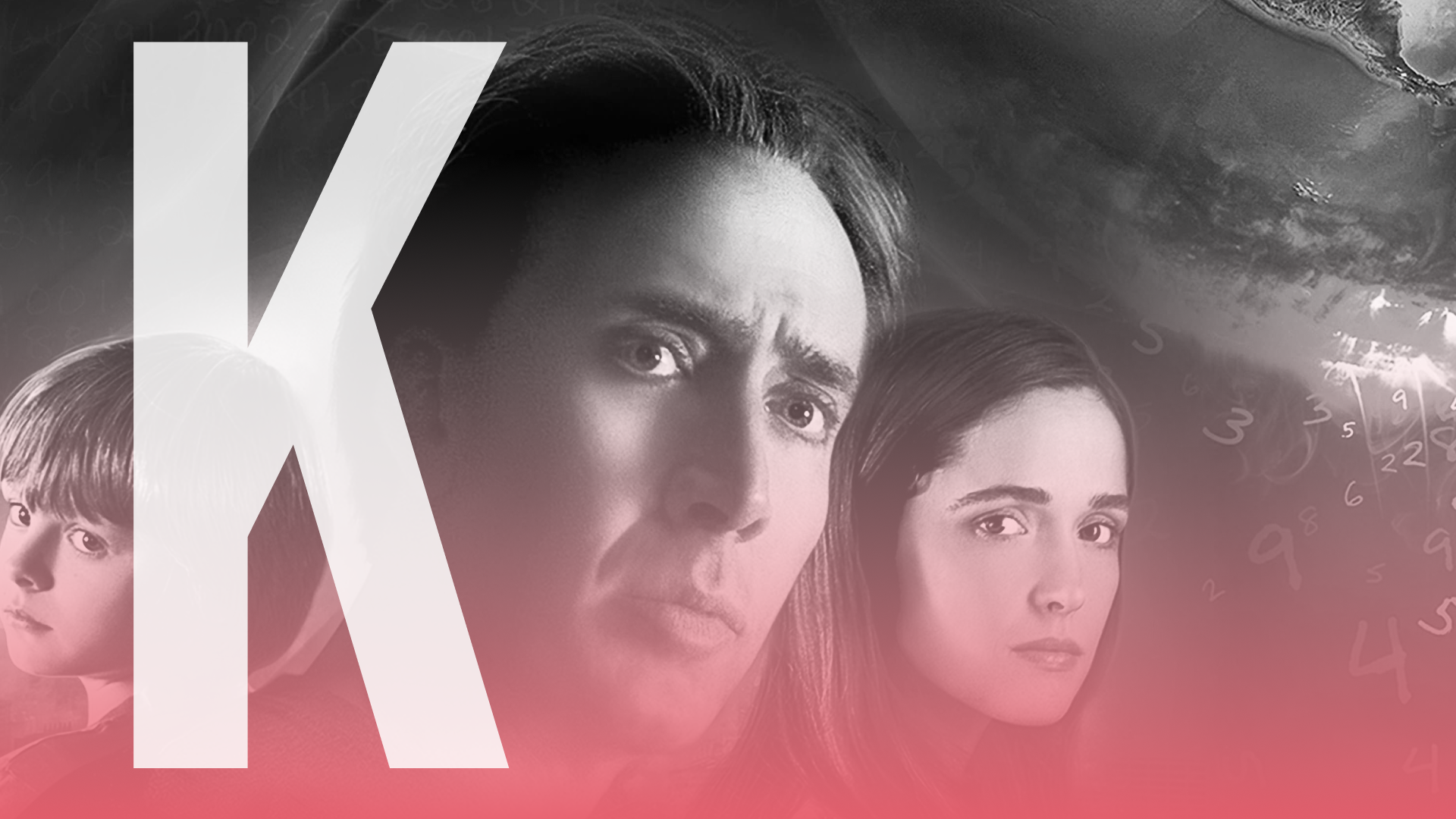
In monthly column The A-to-Z of Trash, bad movie lover Eliza Janssen takes us on an alphabetically-ordered trip through the best bits of the worst films ever. This month, it’s an apocalyptic vision of the writer’s hometown starring Nicolas Cage: the surprisingly chilling Knowing.
I have a real soft spot for the Nicolas Cage thriller Knowing. First and foremost, it’s identifiably shot in my hometown of Melbourne; Cage’s professor protagonist lectures students at Melbourne Uni, he checks out the taxidermied polar bear at Melbourne Museum, sprints past impending disasters along Collins Street and the long escalators of Parliament Station.
Secondly, me and my tween mates used to find the film absolutely hilarious when it was released in 2009. I considered it a laughably awful film, for reasons I can’t quite recall now: Cage’s dodgy hair, the wild and polarising ending? We’d crack up at one scene of Cage chasing a gaunt stranger from his front yard, weakly banging a baseball bat against a tree. The figure turns and points at him, opens its mouth, and an eye-watering burst of light comes out. I don’t know, kids are strange.
These days, a rewatch of Knowing rewards me with true dread, a few fantastic disaster movie setpieces, and more emotional depth than I could’ve appreciated at 13. It’s like a doomer take on Close Encounters of the Third Kind, or Left Behind if it worshipped at the altar of nihilism rather than preachy moralising.
Left Behind ranks dead last in Luke Buckmaster’s seminal guide to every single Nicolas Cage movie The Cage Gauge, where Knowing enjoys 68th place (just one spot higher than The Ant Bully, another movie I loathed in childhood). Here’s what Buckmaster has to say about Cage’s performance in the film, as a relatively normal guy plagued by a 50-year-old apocalyptic prophecy:
“Cage’s performance has two modes: the careful, learned intellectual and father and the “MY GOD WE’RE ALL GOING TO DIE!” soothsayer. That juxtaposition provides a couple of points for originality. Choice moments from Alex Proyas’ goofy film—which has notes of Final Destination—tend to involve the big set pieces, such as a train crash the protagonist sees coming (“move back, move back!”) but cannot prevent.”
I gotta disagree with the descriptor “goofy”, since this movie maintains—and I reckon pulls off!—a tin-foil-hat-wearing atmosphere of self-seriousness, but “originality” is right. Cage’s path to that train catastrophe and a fabulous, one-take plane crash scene comes from a creepy little girl’s manic scribblings in 1959, pulled from her school’s time capsule and serendipitously handed to Cage’s son Caleb. That little girl is Aussie actress Lara Robinson, who I used to compete against in Saturday morning netball games. This can’t be a coincidence…what does it all mean?
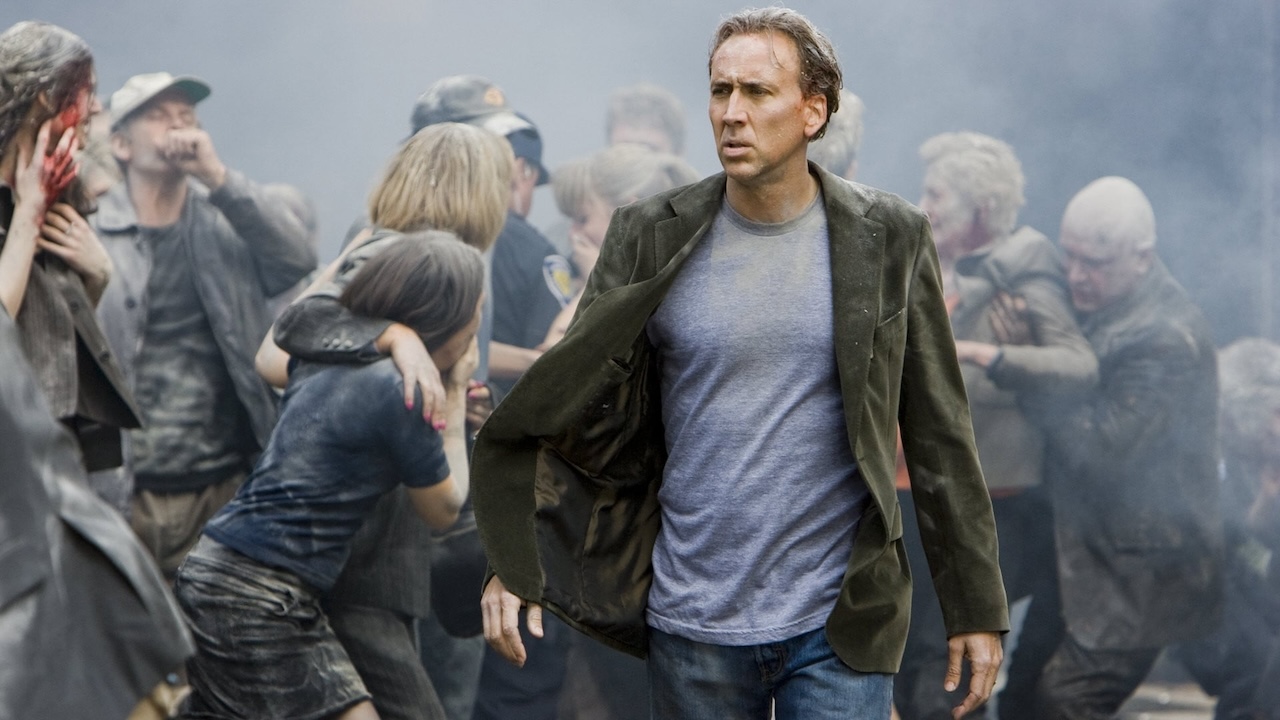
The kid’s letter prophesies major disasters such as 9/11 and Hurricane Katrina (it’s a very US-centric apocalypse, as usual) in the form of numbers: an endless screed of dates, the amount of casualties, and longitudinal and latitudinal coordinates. She couldn’t have warned like, a single plane passenger or homeowner? Whatever: Cage is on the case, and begins to believe that the impending dates on this doomsday calendar will signal the planet’s fiery death. That’s freaky enough, but director Alex Proyas keeps the impending doom at a tantalising distance by focusing on a more compelling question: how did Nicolas Cage end up at the centre of all this?
Cage’s character is a college professor, which is always a great excuse in sci-fi films to have your protagonist unsubtly wax poetic about the primary themes of the film, in this case “randomness versus determinism in the universe”. They might even make a wry joke, causing the students to laugh and prove that they’re a hip happenin’ dude. Then they can say “class dismissed” like ten seconds into the scene, allowing someone like, oh, I don’t know, Ben Mendelsohn (doing his never-convincing American accent) to stroll in at just the right time.
Mendo’s thankless role is one of only a few underdeveloped elements in the film. When Rose Byrne shows up as a relative of that 1950s baby seer, she’s stuck in panicky mum mode for most of the runtime. And the dead wife who’s left Cage in a state of numbed passivity feels overfamiliar, one of a few elements that recall Finding Nemo (the other being Cage’s realisation that he has to let his differently-abled son thrive independently in a terrifying new world). While we’re robbed of any classic freakout moments, Cage certainly sells the parental paranoia of the piece, as he grapples with how much to tell his son about the earth’s certain destruction—and then finds peace in understanding that the kids will be alright, let’s leave that pesky issue of climate change to Gen Z, etc.
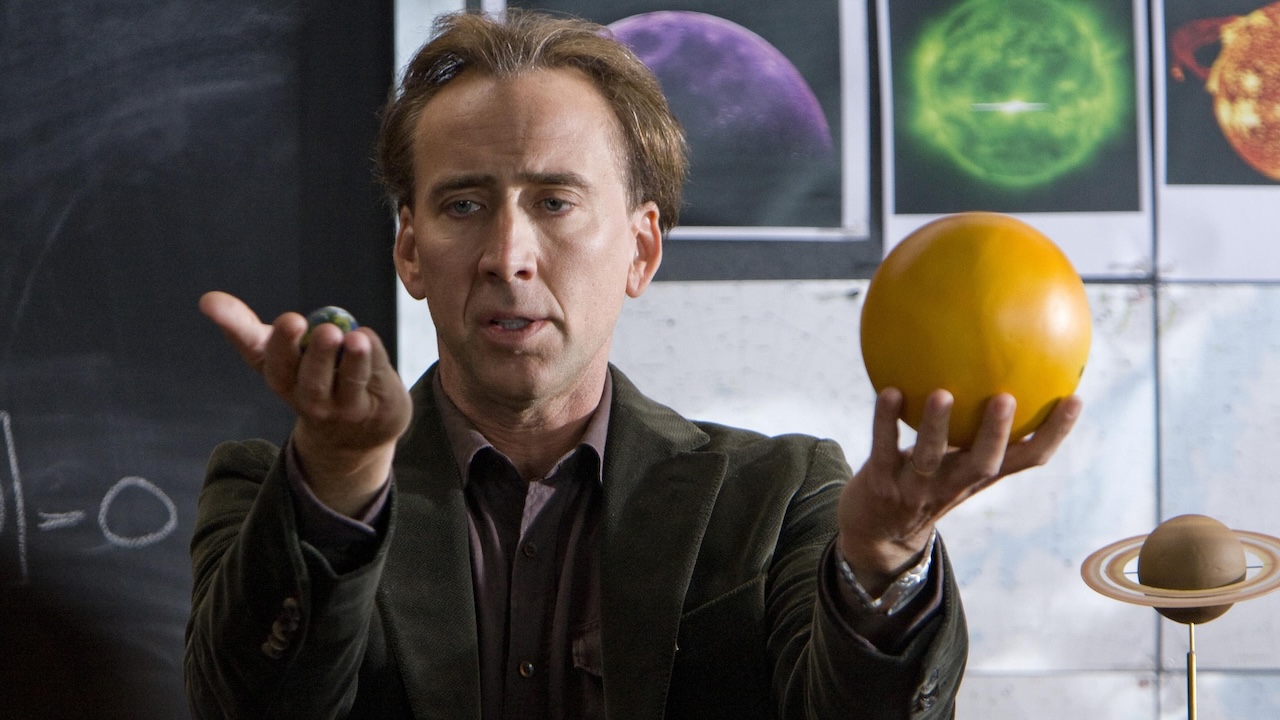
Proyas dolls up the tense, relatively grounded opening acts with some creepy pale horsemen of the apocalypse, very reminiscent of the white-faced “Strangers” in Dark City. But if I had to double-feature Knowing with anything, it might be Cage’s loathsome Left Behind after all (and some tequila to help it go down quicker). They’re both endtimes dramas with plenty of explosions and Cage worrying that he’s a bad dad. But Knowing operates in reverse of the latter film’s individualist, fundamentalist belief that the good who “know” will get saved and us ignorant sinners will writhe in flames, cursing every time we ever watched porn or jaywalked.
That epic plane crash scene doesn’t posit Cage as a macho Hollywood superdad, but a far more realistic, empathetic presence: an impotent Cassandra left to wander the wreckage of his once sane world, understanding that there’s nothing he could’ve done or can now do. Who knows: maybe I’m just getting older, and the earth is getting hotter. But this movie works to me, and I find its open-minded view of the apocalypse weirdly comforting. It’s the end of the world as Cage knows it, and I feel fine.


